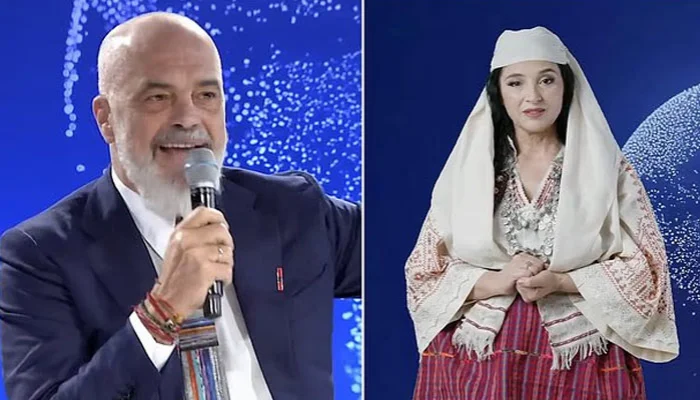- Global natural gas consumption is forecast to decline by 0.8 percent.
- It is due to a record-breaking 10 percent decrease in Europe.
- Moreover, there is stagnant demand in the Asia-Pacific region.
According to the International Energy Agency (IEA), the world’s natural gas markets will likely remain constrained well into 2023 as Russia limits supplies and Europe reduces consumption in the face of high costs and energy-saving initiatives.
According to the IEA’s quarterly gas market report released on Monday, global gas consumption is forecast to decline by 0.8 percent in 2022 due to a record-breaking 10 percent decrease in Europe and stagnant demand in the Asia-Pacific region, and only grow by 0.4 percent in the following year.
Nevertheless, the IEA warned that the market outlook is characterized by a “high level of uncertainty” due to Russia’s potential future actions and the long-term economic impact of high energy prices.
Keisuke Sadamori, the IEA’s director of energy markets and security, stated that “Russia’s invasion of Ukraine and sharp reductions in natural gas supplies to Europe are causing significant harm to consumers, businesses, and entire economies – not just in Europe but also in emerging and developing economies.”
“Russia’s irresponsible and unpredictable behavior has damaged its reputation as a dependable provider, and this has muddied the future for the gas markets.
However, all indications are that markets will remain extremely tight through 2023.
Since the Nord Stream 1 pipeline was shut down last month and leaks in the pipeline were recently discovered, Russia’s supply of gas to Europe has been reduced to a trickle.
One of the last remaining Russian gas supply lines to Europe, Ukrainian energy company Naftogaz, has been threatened with sanctions by Moscow, which would make the impending winter’s energy difficulties worse.
By importing LNG and utilizing alternate pipeline supplies from sources like Norway, Europe has been able to counteract the reduction in Russian gas supply.
The IEA predicted that this year, Europe will import more than 60 billion cubic meters of LNG, which will keep the market under pressure for the foreseeable future.
According to the IEA, such an increase might deter Asian imports, putting them below 2017 levels for the remainder of 2022.
However, the Paris-based international organization warned that China’s recent LNG contracts and a colder-than-average winter may lead to increased demand from Northeast Asia.
[embedpost slug=”maryam-nawaz-responses-to-drop-in-gasoline-costs”]





















